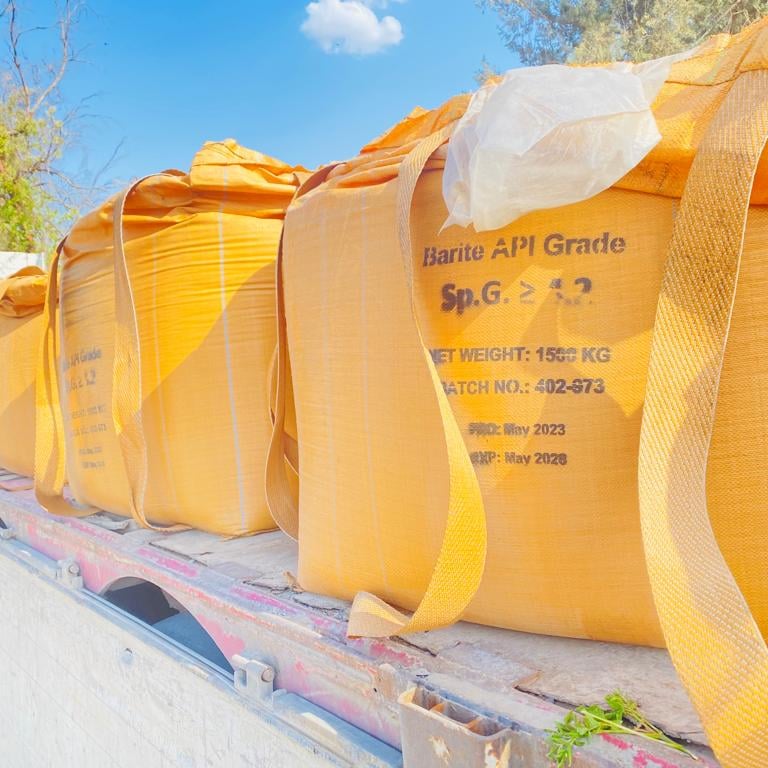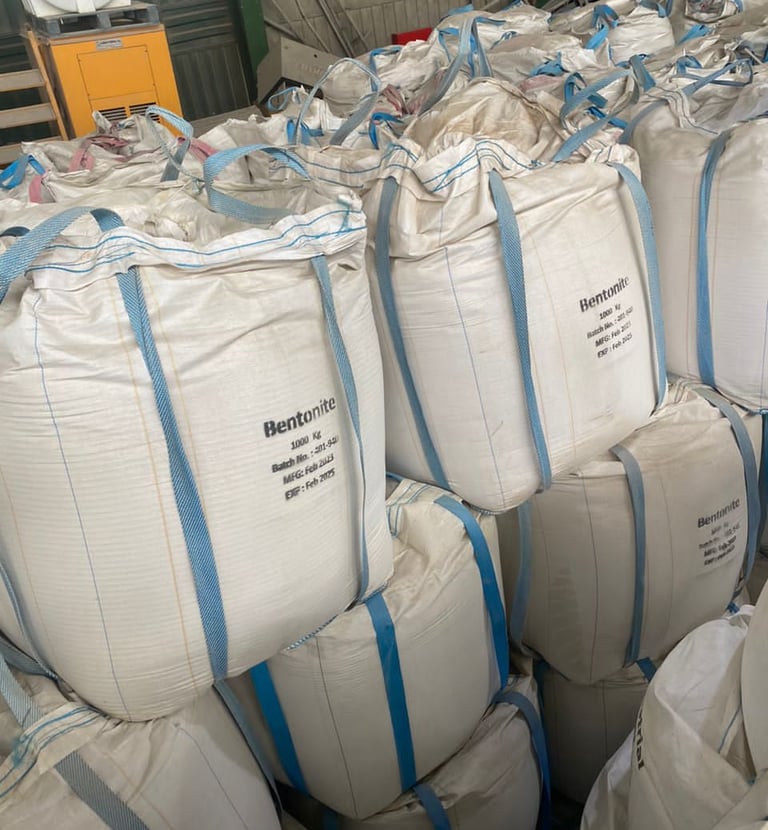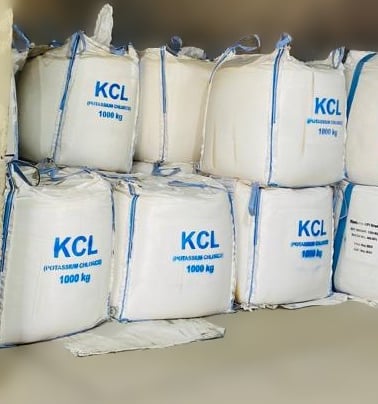Oilfield Drilling Chemicals
Oilfield drilling chemicals are indispensable and play a vital role in the oil and gas industry, where precision and efficiency are key. These chemicals are specifically formulated and designed to enhance the drilling process, ensuring that operations can maximize the productivity of oil wells. Through their various applications, they help in improving drilling efficiency, significantly reducing friction between drilling components, and preventing the formation of clays and other solids that can hinder the drilling progress and lead to delays. The diversity of oilfield drilling chemicals is vast, with various types employed in different scenarios, including drilling mud additives, corrosion inhibitors, and biocides. For instance, drilling mud additives are used not only to manage the viscosity and density of drilling mud but also to ensure that the mud effectively carries cuttings to the surface, thus enabling smooth and effective drilling operations. Corrosion inhibitors are critical in protecting drilling equipment from corrosive substances in the drilling fluid and the harsh underground conditions that can erode metal components over time. Additionally, biocides are utilized to eliminate or control the growth of potentially harmful microorganisms that can lead to equipment damage, operational issues, and even safety hazards. In summary, oilfield drilling chemicals are indispensable tools in maintaining the integrity, safety, and overall productivity of oil wells, ensuring that the drilling process can be conducted efficiently and effectively, ultimately leading to successful resource extraction.






Drilling Chemicals
Drilling fluids, also known as drilling muds, are essential for the drilling process. They serve multiple purposes, including cooling and lubricating the drill bit, removing cuttings from the wellbore, maintaining stability of the wellbore walls, and preventing blowouts. These fluids are crucial in creating a safe and efficient drilling environment. In addition to these functions, drilling fluids help control pressure, manage wellbore conditions, and ensure the overall integrity of the drilling operation. Common drilling fluid components include water, clay, barite, and various chemical additives that enhance the fluid properties for optimal performance.
Oilfield and drilling chemicals
Viscosifiers are materials that increase the viscosity of the drilling fluid, allowing it to carry more cuttings and improve the fluid's performance under different pressures.
Brine Solution, utilized especially in high-density applications, serves to counteract high-pressure formations, ensuring that the well is secure and manageable.
Oil-Based Mud Chemicals play an important role in minimizing fluid loss and allowing for better lubrication, especially in challenging drilling environments.
Lubricants are added to reduce friction between the drill bit and the rock formation, which enhances the drilling speed and extends the life of drilling equipment.
Special Additives can be tailored to tackle specific challenges encountered during drilling, such as dealing with expansive clay or stabilizing the wellbore.
Shale Stabilizers help to maintain the structural integrity of the wellbore when drilling through shale formations that are prone to swelling and other issues.
Well Protection is vital as certain additives help to shield the wellbore from collapse and other adverse effects.
Dispersants and Deflocculants are used to break down large particles in the drilling fluid, preventing sedimentation and allowing for smoother fluid flow.
Defoamers are essential in preventing foaming in the mud system, which can cause a range of issues, including decreased hydraulic efficiency.
Scavengers play a critical role in removing unwanted substances from the drilling fluid, thus enhancing its performance and longevity.
Barite is commonly used as a weighting agent to control the pressure in the well, making it indispensable in drilling operations.
Bentonite is another key component, known for its swelling properties that help create a stable mud cake on the wellbore wall, preventing fluid loss and maintaining pressure.
